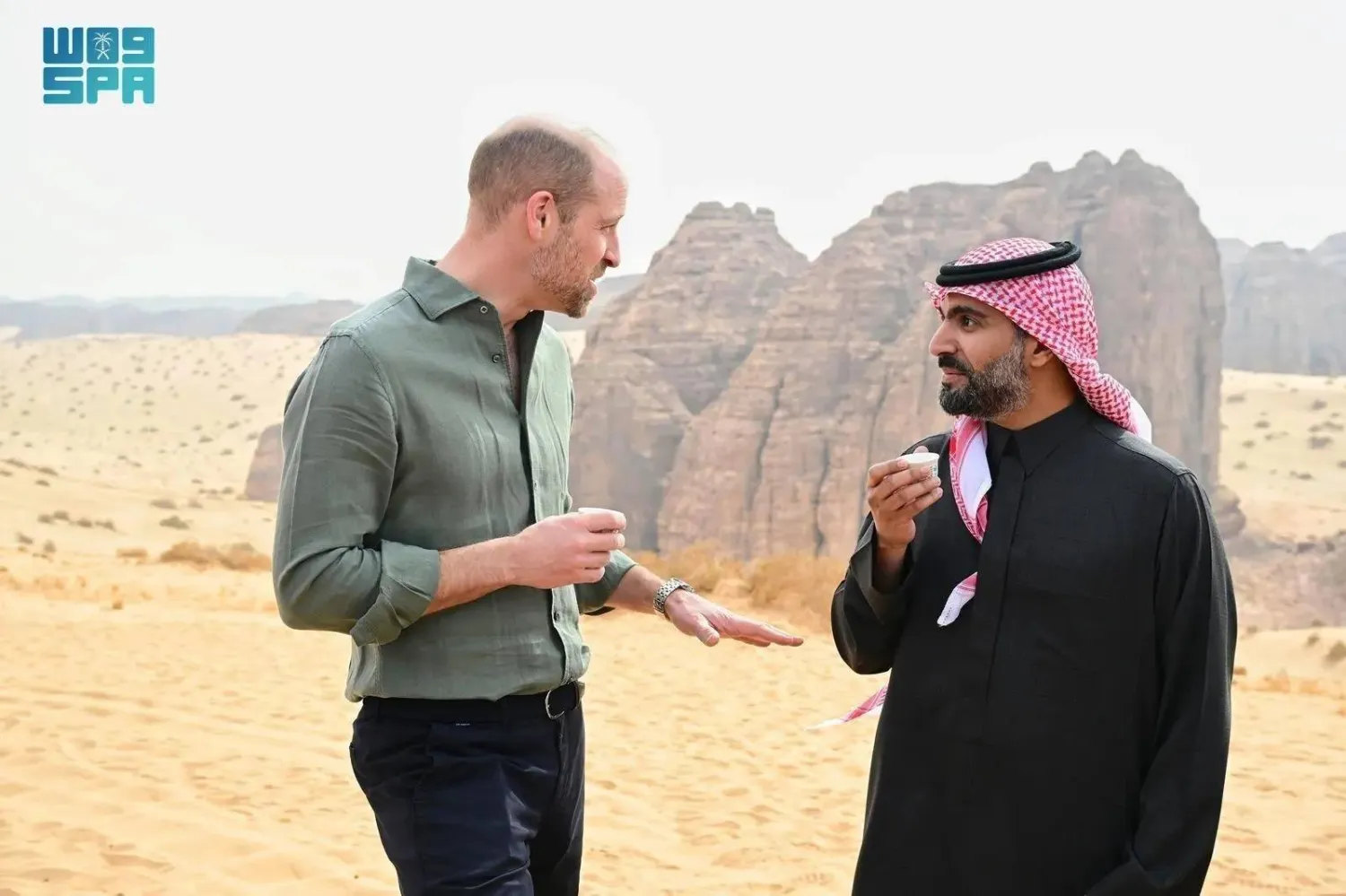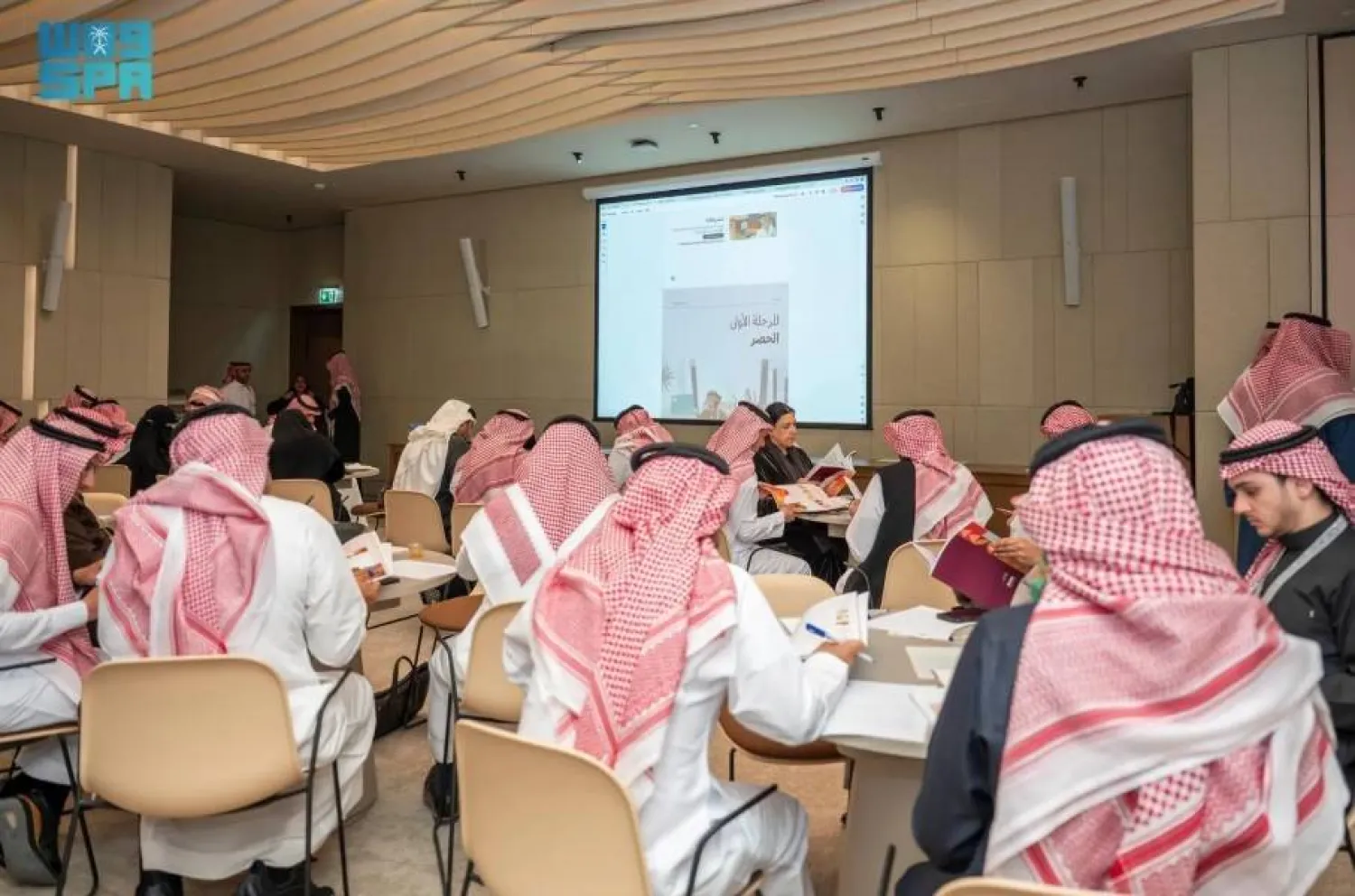The Saudi Heritage Commission said Tuesday it will hold the "Scientific Symposium on Cultural Landscape Research on the Al-Faw Archaeological Area.”
The symposium aims to raise awareness about the area, and highlight its historical and archaeological significance, and the ongoing research and excavation projects that began with the late Dr. Abdulrahman Al-Ansary, a pioneer in the study of archaeology in the Kingdom.
The Kingdom successfully inscribed the Cultural Landscape of Al-Faw Archaeological Area in Riyadh Region on the UNESCO World Heritage List as a cultural site of outstanding universal value to humanity, during the 46th session of the World Heritage Committee held in New Delhi on July 22-31, making it the eighth Saudi site to achieve this recognition.
The symposium showcases the contributions of King Saud University in Al-Faw archaeological area, reflecting the commission's partnerships with public, private, and non-profit sectors.
It also explores Saudi Arabia's historical and cultural importance, emphasizing the need to enrich the academic field with cutting-edge archaeological studies, and facilitate the exchange of expertise and insight in the field.
The commission seeks to raise public awareness about the country's extensive archaeological heritage, which spans millennia.
Field visits to the area will be organized for speakers and participants in the symposium, and 22 research papers on topics such as the origins of the Al-Faw archaeological area and its social and economic history will be presented for discussion in five sessions.









